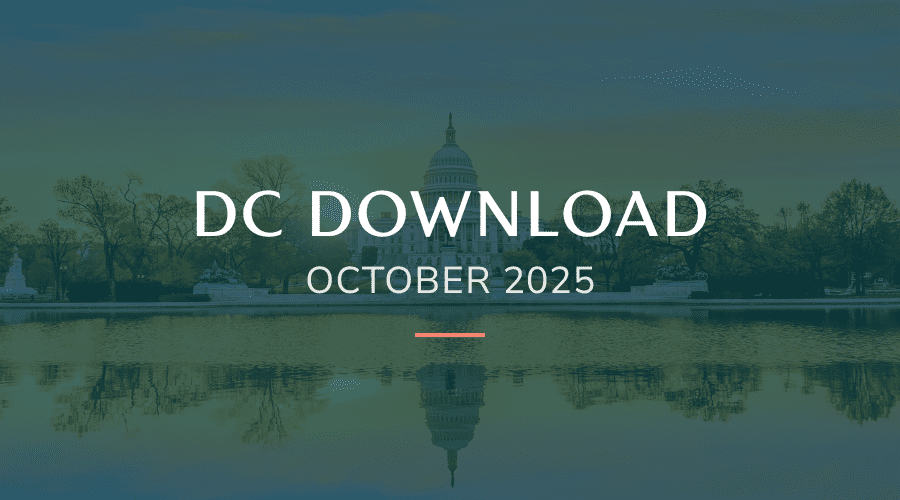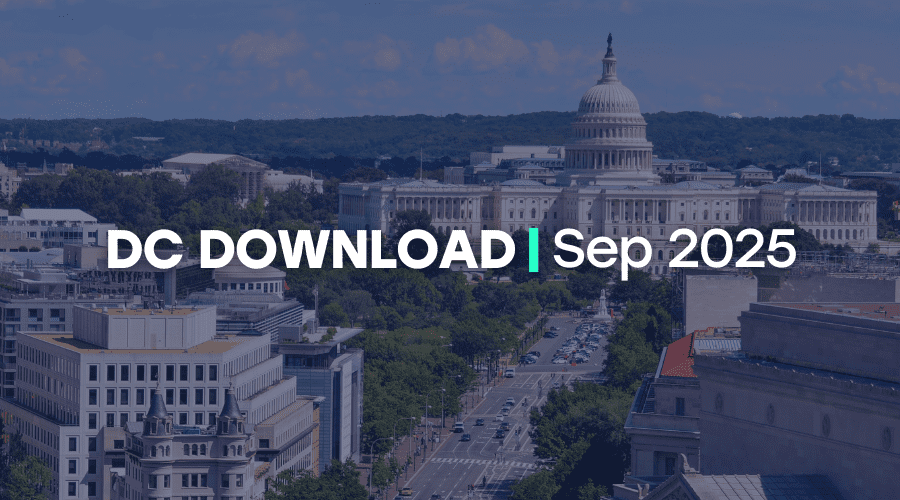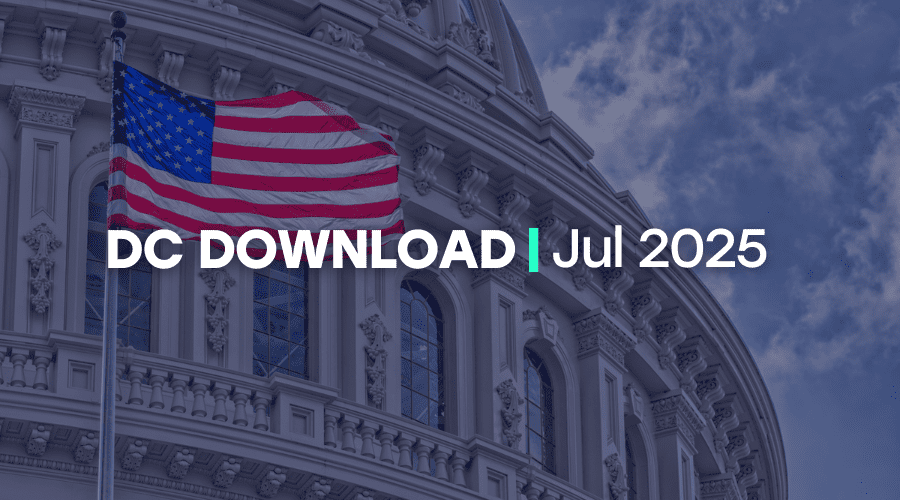Welcome to the DC Download. We’re back in the swing after an active 2019 that brought big wins to the charitable sector! 2020 will also be an important year. There’s the census count, and of course, the presidential race — with caucus season just around the corner! Here are some of the most important developments your nonprofit should keep front and center:
IRS Issues Instructions for Organizations Seeking UBIT Refunds
Last week, the IRS provided much-needed guidance for nonprofit organizations that paid Unrelated Business Income Tax (UBIT) for parking and transportation benefits offered to employees. In issuing these instructions, the IRS fulfilled a request made by Ways and Means Committee Chairman Richard Neal (D-MA) and Oversight Subcommittee Chairman John Lewis (D-GA) in a letter earlier this month. Independent Sector also made the request with senior IRS staff in early January.
At the end of last year, Congress retroactively repealed the UBIT provision related to parking and transportation benefits, a major victory for nonprofit sector advocates. The other UBIT provision enacted in 2017 with the passage of the Tax Cuts and Jobs Act—known as the “siloing” provision—is still active. This provision restricts tax-exempt organizations on how to calculate unrelated business income streams, prohibiting organizations from using losses from one activity to offset gains in another. Research shows that reporting unrelated income streams separately would redirect about $15,000 per year away from each affected nonprofit’s mission.
Proposed changes could increase postage expenditures for nonprofits
Last December, the Postal Regulatory Commission (PRC) announced a new proposal and rulemaking process that aims to modify the system for regulating rates and classes for Market Dominant products, The Nonprofit Times reported.
The Alliance of Nonprofit Mailers issued a report explaining that the proposed changes would allow the U.S. Postal Service (USPS) to charge significantly higher prices for some types of mail on which nonprofit organizations rely.
Comments on the proposal are due February 3, 2020, with reply comments due March 4, 2020. Independent Sector submitted comments urging the PRC to reject the proposed changes. Independent Sector encourages nonprofits and charities to submit their comments on the proposed changes by creating a temporary account at www.prc.gov.
TIGTA releases report on political nonprofits
In early January, the Treasury Inspector General for Tax Administration (TIGTA) released a report revealing that the Internal Revenue Service (IRS) is not doing enough to identify noncompliant organizations that are required to notify the IRS within 60 days of forming that they intend to operate under tax code section 501(c)4.
According to a new calculation from TIGTA, there are 9,774 politically active tax-exempt organizations that may have failed to notify the IRS of their existence or submit the paperwork to operate as tax-free. The IRS could be failing to collect millions of dollars in penalties and fees owed by these social welfare groups, the report said. The IRS disputed TIGTA’s findings, saying the report “overstates by as much as 81%” the number of organizations that failed to submit a Form 8976, “Notice of Intent to Operate Under Section 501(c)(4).”
In the report’s highlights, TIGTA recommended that the Exempt Organizations function determine the feasibility of working with state governments to identify new organizations required to file a notification with the IRS; conduct research on organizations identified by TIGTA and determine whether any compliance actions are necessary; use available information to enforce compliance of notification requirements; determine whether untimely filers had reasonable cause for filing untimely or whether assessing delinquency penalties is warranted; and update notices and procedures to fully implement the law.
In their response, IRS management agreed to use available information to enforce compliance and update notices and procedures. The IRS did not agree to work with state governments, take actions to bring organizations identified by TIGTA into compliance, and determine the applicability of penalties for untimely filers.
Co-Op Group aims to block PIR sale
A group of leaders and members of the nonprofit sector recently came together to create a co-op organization to block the sale of the Public Interest Registry (PIR), the company that owns every .org domain on the web, to the private equity firm Ethos Capital, The Nonprofit Times reported.
The new organization, Cooperative Corporation of .ORG Registrants, seeks to convince the Internet Corporation for Assigned Names and Numbers (ICANN) to block the sale of the nonprofit PIR.
The nonprofit community is worried that the PIR purchase could bring increases in domain prices, particularly with the possibility of eliminating the cap on domain prices. On November 22, 2019, Independent Sector joined 26 other organizations in expressing opposition to this deal, and we urge you to add your name or your organization to that effort today.



